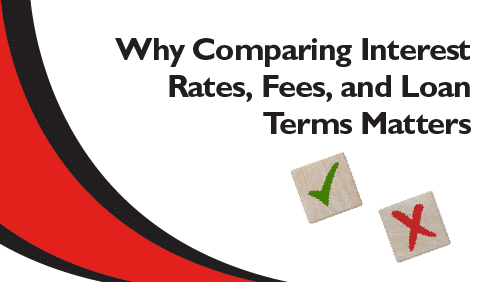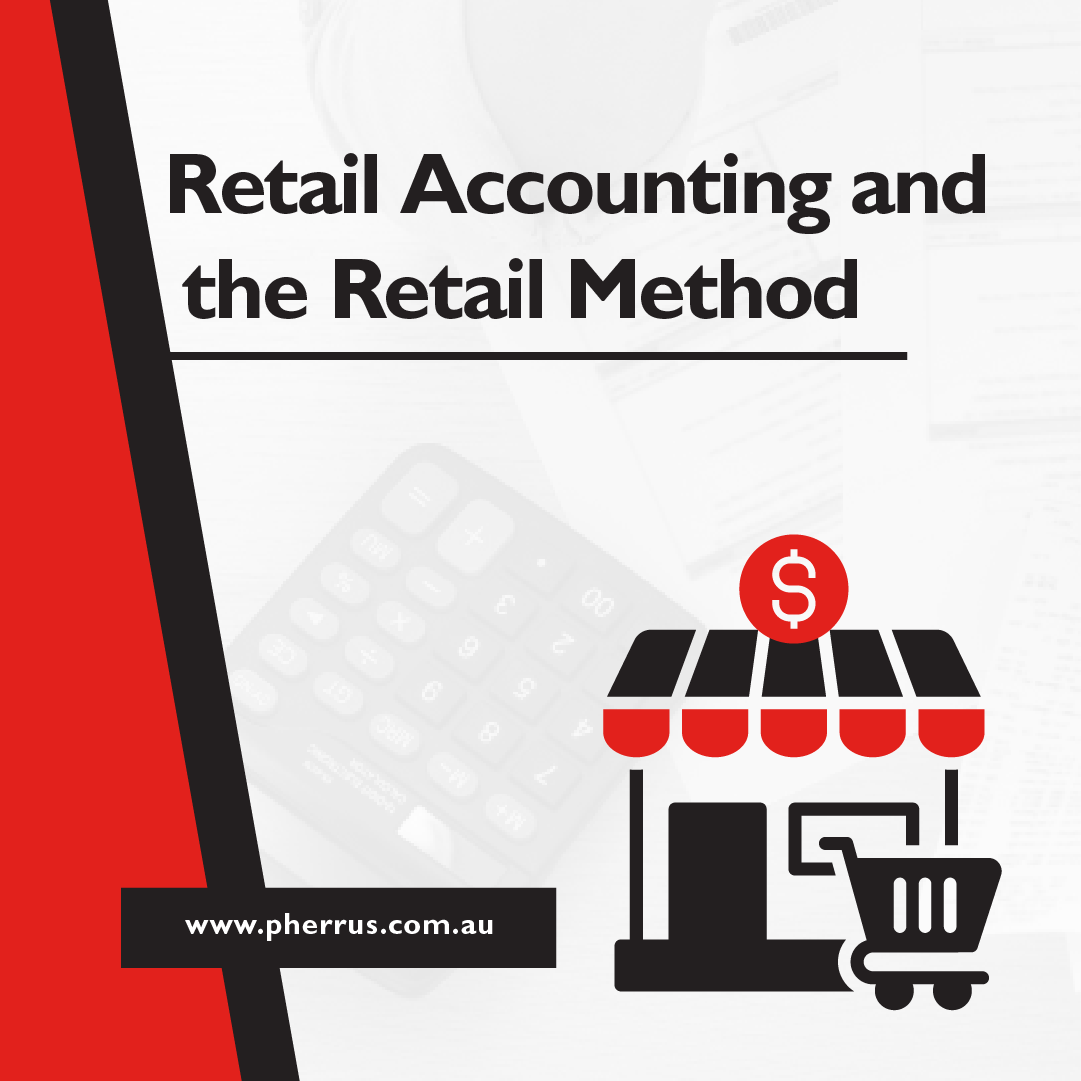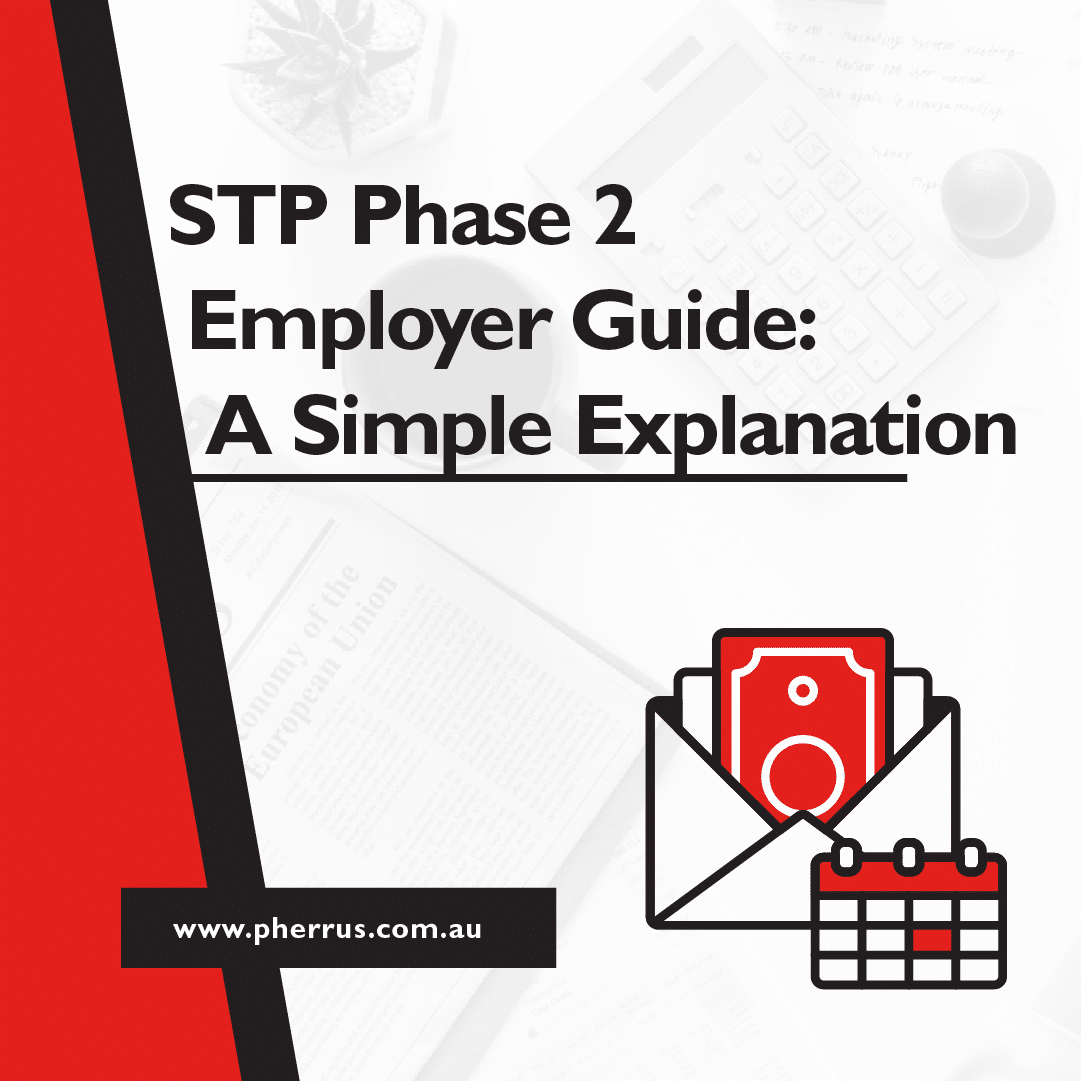Have you got an established, thriving café with an old espresso machine on its last legs?
Or is your new online store blowing up, and you need more stock fast?
Whatever the case, a business loan can keep your business running smoothly or take it to the next level.
But finding the right business loan can feel overwhelming, especially if it’s your first time looking.
You’re likely nervous you’ll choose the wrong loan, get stuck with high interest rates, or struggle with repayments.
With the proper knowledge, securing a business loan can be a simple, strategic move for your business.
This guide will walk you through how to get a business loan, including what you need before applying, how to choose the right loan, how to put together a strong loan application, and how to manage your loan.

What You Need Before You Start Looking for a Loan
Applying for a business loan isn’t just about filling out paperwork—it requires careful preparation.
Before you even start approaching lenders, you need to have the following elements in place.
1. A Solid Business Plan
You must have a solid business plan to secure financing, regardless of whether you’re a startup or an established business.
Lenders want to see that you have a clear vision, a strategy for success, and the ability to repay the loan.
Your business plan should include
- A summary of your business and industry
- A detailed breakdown of your products or services
- Market research and competition analysis
- Revenue and financial projections
- How you plan to use the loan
Follow these tips to create a well-structured business plan:
- Be clear and concise, focusing on key details that demonstrate your business’s viability.
- Use realistic financial projections, basing your revenue and expense forecasts on actual data, industry benchmarks, or expert advice. Overly optimistic numbers can raise red flags.
- Highlight your business’s unique selling point and why it has strong growth potential.
- Use credible sources to support your claims about industry demand, customer needs, and competitive positioning.
- Provide a practical repayment plan based on projected cash flow. Lenders want to know how you’ll manage loan repayments without jeopardising your business.
- Consider consulting a reputable business accountant to help fine-tune your business plan for maximum impact.
2. A Clear Loan Purpose
Lenders want to know exactly how you’ll use the money.
A clear, practical loan purpose shows that you’ve thoroughly considered your financial needs and increases your chances of approval.
Strong loan purposes include
- Expanding into a new location or market
- Purchasing essential equipment or vehicles
- Hiring more staff to scale operations
- Stocking up on inventory for peak seasons
- Improving cash flow for operational stability
3. Organised Financials
Lenders will closely examine your financial situation before approving your loan.
Your financial records should include
- Profit and loss statements
- Balance sheets
- Tax returns from the last two years
- Cash flow statements
- Business bank statements
If your financials aren’t in order, don’t panic! Expert accountants—like those at Pherrus—can get your records up-to-date, organised, and lender-ready.
4. Strong Creditworthiness
Both your personal and business credit history play a role in loan approval.
Lenders assess your personal credit score (if you’re a sole trader or small business owner), your business’s credit score (based on past borrowing and repayments), and any outstanding debts or defaults.
Be aware that failing to disclose outstanding debts can harm your credibility and reduce your chances of approval.
To improve your creditworthiness
- Pay bills and existing loans on time
- Reduce outstanding debt before applying for new credit
- Keep business and personal finances separate
- Check your credit report for errors and dispute inaccuracies
5. Security (If Applicable)
A secured business loan requires you to offer an asset as collateral—something the lender can claim if you default on repayments.
Providing collateral reduces the lender’s risk and often results in lower interest rates and better loan terms than unsecured loans.
Collateral can include
- Commercial or residential property
- Business assets such as machinery or vehicles
- Inventory or accounts receivable
If you don’t have collateral, you still have options like an unsecured loan or a line of credit.
6. Essential Legal Documents
Lenders require legal documents to verify your business’s legitimacy, assess financial stability, and reduce lending risks.
They may ask for
- A business registration certificate (ABN or ACN)
- Identification documents for business owners
- Lease agreements (if applicable)
- Insurance policies
- Tax returns
Having these documents ready in advance can speed up the application process.

Finding the Right Loan for Your Business
Term Loans
What is a term loan? A lump sum of money borrowed for a specific purpose, repaid over a set period with regular instalments.
Who benefits most from a term loan? Businesses making long-term investments, such as purchasing property, expanding operations, or acquiring expensive equipment.
What are the loan rates? Fixed or variable.
What are the repayment terms? One to ten years.
Example: A manufacturing company looking to upgrade its production facility could use a term loan to purchase new machinery.
The structured repayments allow the business to spread the cost over several years while benefiting from increased production capacity.
Lines of Credit
What is a line of credit? A flexible loan where businesses can borrow up to a set limit and access funds whenever required, with interest charged only on the amount drawn.
Who benefits most from a line of credit?
Businesses with fluctuating cash flow, seasonal expenses, or short-term funding needs, such as covering payroll or purchasing inventory.
What are the loan rates? Typically variable, based on the lender and the borrower’s credit profile.
What are the repayment terms? Ongoing or revolving, with minimum monthly repayments.
Example: A retail store preparing for the holiday season might use a line of credit to stock up on inventory ahead of peak sales.
Since they only borrow what they need and repay as revenue comes in, this option helps manage cash flow without committing to a long-term loan.
Equipment Finance
What is equipment finance? A loan specifically for purchasing business equipment, vehicles, or machinery, where the asset itself often serves as collateral.
Who benefits most from equipment finance? Businesses that need to purchase essential equipment but want to spread the costs over time, keeping cash available for other operational expenses.
What are the loan rates? Fixed or variable, depending on the lender and the borrower’s credit profile.
What are the repayment terms? One to seven years, with structured repayments based on the asset’s lifespan.
Example: A café upgrading its espresso machine can use equipment finance to get a high-quality model without a large upfront payment.
This way, the business can keep cash for daily expenses while making manageable repayments over time.

How Much Can You Borrow (and Comfortably Repay)?
Lenders assess your borrowing capacity based on
- Loan Purpose. A well-defined loan purpose demonstrates responsible borrowing and how the funds will contribute to business growth.
- Existing Debts. Being overextended on existing debts increases the risk of missed repayments, so lenders will check up on this.
- Business Profitability and Repayment Ability. A strong revenue stream and consistent profits indicate your business can handle loan repayments while managing day-to-day expenses.
Repayment ability ties into loan serviceability, which measures whether your business can sustain repayments without financial strain.
A common rule is that loan repayments should not exceed 30-40% of your monthly revenue.
Want to improve your borrowing power?
- Increase revenue streams
- Reduce non-essential expenses
- Improve cash flow management
- Pay down existing debt
Where To Find the Best Loan for Your Needs
What institutions offer business loans in Australia, and what are their pros and cons?
- Banks: Lower interest rates and longer loan terms, but stricter eligibility criteria and a lengthy approval process.
- Credit Unions: More flexible lending terms and personalised service, but limited loan products compared to major banks.
- Online Lenders: Fast approvals and easier access to small loans, but higher interest rates and fees.
- Non-Bank Lenders: Tailored loan options and more lenient approval criteria, but higher costs and less regulatory oversight.

Why Comparing Interest Rates, Fees, and Loan Terms Matters
Not all business loans in Australia are created equal. Choosing the wrong one can cost your business thousands over time.
By comparing interest rates, fees, and loan terms, you can find a loan that aligns with your financial situation, minimises costs, and supports your business’s long-term stability.
Even a small difference in interest rates can significantly affect how much you pay over the loan term.
Fixed rates offer stability, while variable rates may fluctuate.
Look out for hidden costs like application fees, monthly service fees, early repayment penalties, and late payment charges.
A longer loan term reduces monthly repayments but increases total interest paid, while a shorter term means higher repayments but lower overall costs.
Securing the Best Deal: Pre-Approval, Brokers, and Smart Questions To Ask
Taking specific steps before applying for a business loan can help you make a better borrowing decision and save money, time, and hassle.
First, consider pre-approval.
Pre-approval is when a lender evaluates your financial situation and gives you an estimate of how much you can borrow before you formally apply.
While not a guarantee of approval, it reduces uncertainty, speeds up the process, and strengthens your position with lenders.
Next, think about using a business loan broker. They’ll connect you with lenders and find loan options that match your needs.
Brokers can be particularly useful if you have a complex financial situation or lack time to compare loan options.
Just keep in mind that brokers usually earn a commission from lenders or charge a fee, so ask about costs upfront.
Whether you enlist the services of a loan broker or decide to do it all yourself, ask these questions of potential lenders to help you understand the true cost and terms of borrowing before signing an agreement.
- What is the interest rate?
- What fees apply?
- What is the loan term?
- What are the repayment options?
- Is collateral required?
- How long does approval take?
- What happens if I miss a payment?
- Can I repay early without extra costs?
Managing Your Loan Like a Pro
Once approved, manage your loan wisely by
- Making repayments on time
- Tracking loan balances and terms
- Refinancing if better rates become available
- Maximising tax deductions like business loan interest payments (if applicable)
- Communicating with lenders if repayment difficulties arise

Take the Next Step Towards Funding Your Dreams
A business loan isn’t just about borrowing necessary operating funds—it’s about opening doors to new business opportunities and growth.
Why go it solo when you can work with experts who know the ins and outs of business lending?
A Pherrus financial expert can help you secure and manage the best small loan or startup business loan, and maximise any relevant tax deductions.
Wondering how to get a business loan? Wonder no longer, with the help of Pherrus!
Call (02) 9099 9109 to book an appointment at our Bella Vista office in Sydney or complete our online form today.

FAQs About “How To Get a Business Loan”
How Much Deposit Do I Need for a Business Loan?
Most business loans don’t require an upfront deposit.
However, some lenders may ask for a 10–20% deposit, especially if your business is less than 12 months old or you’re borrowing over $150,000 without property as security.
What Is the Easiest Small Business Loan To Get?
Unsecured business loans and lines of credit are the easiest and quickest to qualify for if you have a good credit history and consistent cash flow.
Do I Need an ABN for a Business Loan?
Most business loan lenders require an Australian Business Number (ABN) to verify that your business is legally registered and operating in Australia.




